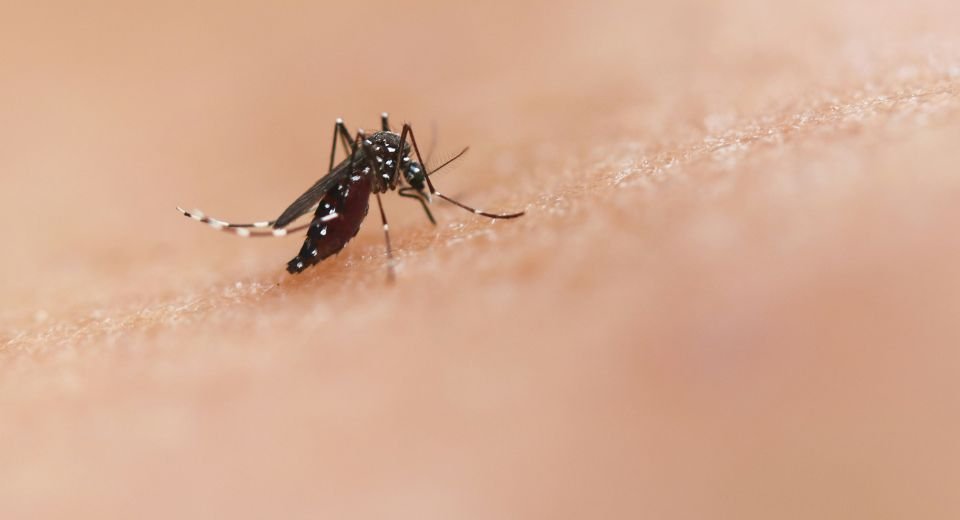HQ Team
February 29, 2024: South American country Peru has declared a health emergency in 20 of the nation’s 25 regions due to an increase in dengue cases.
The emergency will be in place for 90 days in regions including the Amazonas, Lima, Cusco, Pasco and San Martin, according to a statement from the Ministry of Health.
The head of the Ministry of Health (Minsa), César Vásquez Sánchez, said the health emergency will allow more budget to be transferred in the “following weeks to better confront this disease in the regions.”
The Peru government will spend $42.3 million (160 million soles) toward response actions such as health promotion, epidemiological surveillance, larval surveillance and control, and health operations.
32 deaths
As of February 26 this year, 31,364 accumulated cases of dengue have been reported throughout the country, of which 17,965 have been confirmed.
At least 32 have died of the disease, Vásquez Sánchez said.
“As the World Health Organization had already announced a few months ago, 2024 would be a catastrophic year for Latin America in terms of dengue fever. The unusual heat wave and the absence of winter have generated a perfect panorama for the spread of dengue,” he said.
He urged families to allow government workers entry to their homes to carry out larval control and fumigation. “If the population does not collaborate, it will be difficult for us to defeat dengue.”
The global incidence of dengue has markedly increased over the past two decades, posing a substantial public health challenge.
Global spike
From 2000 to 2019, the World Health Organization documented a ten-fold surge in reported cases worldwide increasing from 500,000 to 5.2 million.
The year 2019 marked an unprecedented peak, with reported instances spreading across 129 countries.
Since the beginning of 2023, ongoing transmission, combined with an unexpected spike in dengue cases have resulted in more than 5,000 dengue-related deaths being reported in over 80 countries/territories and five WHO regions: Africa, Americas, South-East Asia, Western Pacific and Eastern Mediterranean Regions.
Changing distribution and adaptation of the Aedes aegypti vector, increased unplanned urbanisation and human activities fostering conducive environments for vector-host interaction, climate change-induced shifts in weather patterns, and fragile healthcare systems amidst political and financial instabilities have been attributed to the surge in dengue cases.
Brazil recently chalked out a plan to offer dengue vaccine through its public system, the first country to do so.








